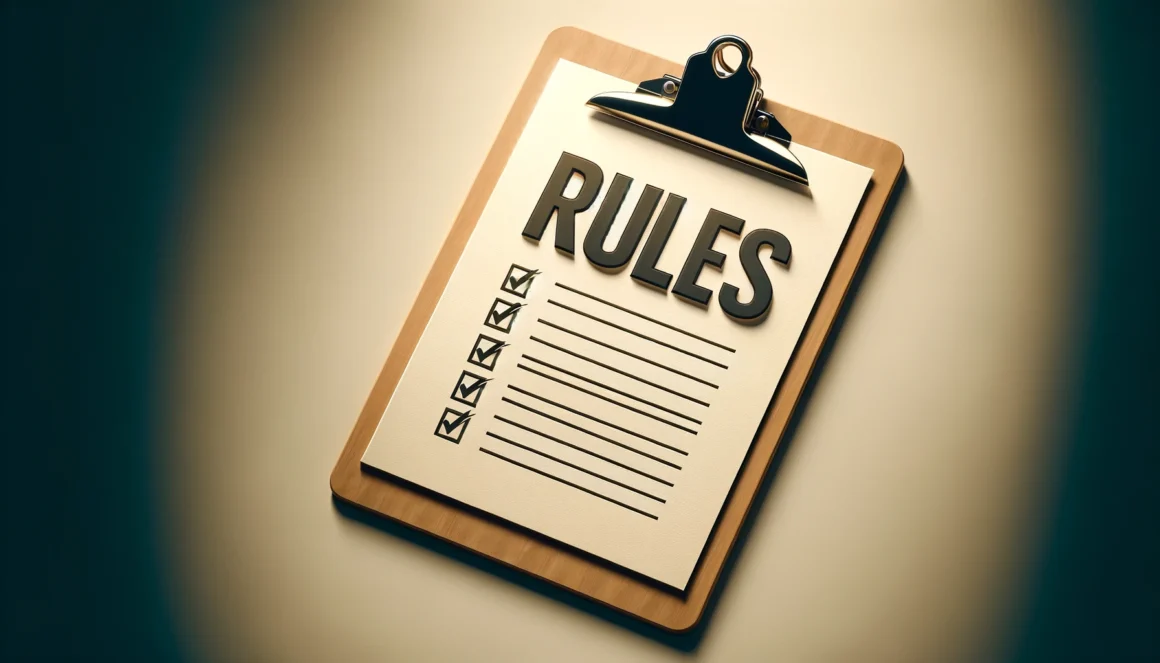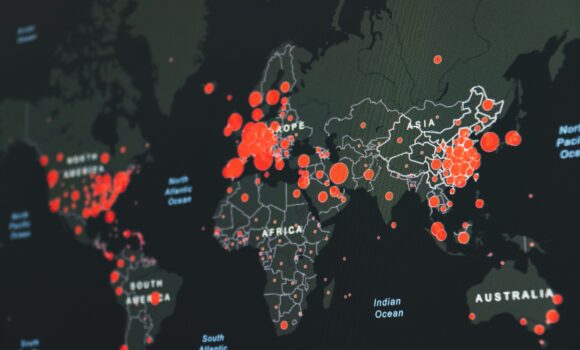What are the New Entry-Level Driver Training Rules for Truckers?

The demand for truckers is on the rise, and many are eager to get on the road with incentives like signing bonuses and amazing benefits. However, before you can get on the road, you have to go through some serious training. The Strong Law, P.C. team is here to explain some of the new changes the Federal Motor Carrier Safety Administration (FMCSA) made to entry-level driver training for the Commercial Drivers License (CDL) program.
The Basics
Back in February of 2022. new federal entry-level driver training requirements changed, creating a single national standard when it comes to getting a CDL. These training requirements will apply to drivers who are:
- Seeking a CDL for the first time,
- Upgrading their existing CDL from Class B to Class A, or
- Seeking a new hazmat, passenger, or school bus endorsement.
In more specific terms, current CDL holders will not be affected by this change.
New Training
New training for all new drivers will entail a theory and behind-the-wheel (BTW) portion. Drivers must successfully complete both portions in order to complete their CDL transactions. These new rules do not require any minimum hours for either portion of the training, but drivers must pass the theory portion with a score of at least 80%. In order to pass the BTW portion, which includes both public and range roadway driving, the driver must meet the satisfaction of their training provider.
In addition to the new minimum requirements, the FMCSA also set guidelines on what CDL training programs must cover. CDL training programs must now address topics such as:
- Distracted driving
- Sharing the road with others
- Driver fatigue
- Inclement weather conditions
- Vehicle inspection and maintenance
Why Do We Need New Training?
The FMCSA’s new CDL training rules are designed to help reduce the risks of truck accidents involving inexperienced drivers. By requiring more classroom and hands-on training, as well as covering topics like driver fatigue and distracted driving, the FMCSA hopes to make our roads a little bit safer for everyone.
The committee noted that many trucking accidents are caused by truckers who lack the proper training and experience. They hope that by setting these new standards, they can reduce the number of trucking accidents on our nation’s highways.
Before this new training, entry-level truck drivers were able to receive a CDL after learning to drive and passing the test (depending on the time you started). The only rules that were in place required new drivers to be trained on driver wellness, qualification, whistleblower protection, and hours of service. It’s safe to say that change was needed.
However, it’s important to highlight that although this new, extensive training comes at a difficult time in the middle of a truck driver and supply chain shortage, the original compliance date was February 2020. It was later extended to 2022 to ensure training schools had time to restructure.
Frequently Asked Questions
If you’re relatively new to the trucking industry, you may be a bit confused about how these rules affect you. Here are some frequently asked questions we receive about current and expired CDLs and CLPs:
I obtained my CLP after February 7, 2022. What’s next?
If you obtained a CLP after February 7, 2022, you have to finish the required entry-level driver training before you are able to take the CDL skills test, the P or S skills test, or the H knowledge test.
What if my CDL was issued before February 7, 2022?
If your CDL was issued before February 7, 2022, you are not required to complete the entry-level driver training. This also goes for previously-issued CDLs that have since expired.
The CLP that was used before February 7, 2022, expired before I could apply for my CDL. What’s next?
If your CLP expired, you must go back and complete the required entry-level driver training in order to take the CDL skills test.
Where can I find a training location?
If you’re a new driver interested in joining the trucking industry, the Federal Motor Carrier Safety Administration has a location finder on its website—you can find it here.
Can I complete my entry-level training online?
You can complete the theory portion online; however, the training must be delivered by a registered training provider and must track the FMCSA’s required curriculum. It’s essential to note that online providers are not subject to state-specific qualification standards.
Do drivers have to take the theory portion first?
No, drivers aren’t required to take the theory portion first. A driver can obtain their commercial learner’s permit without completing the theory portion; however, they cannot take their skills test until they pass the BTW portion.
I’m interested in driving. What should I do?
First, you need to possess a license to drive a car. Once you have that, you must successfully pass the FMCSA training and pass a test to obtain your CDL learners’ permit, which is needed for training. Once you have enough training, you should take your CDL exam to obtain your truck driving license.
We’re Here to Help
The Strong Law, P.C. team is here to help truck drivers in need. If you have any questions about the new CDL training requirements or a previous accident, please feel free to reach out to our firm. We have the experience and knowledge to handle some of the most complex questions and situations.
When you’re ready, contact our legal office at (417) 887-4300 or fill out a consultation request form to get in touch with one of our truck accident attorneys.
Tell Us About Your Case
Contact us today at (417) 887-4300 or online to arrange your free case evaluation. Our Experienced Trial Attorneys will walk you through your legal options.


